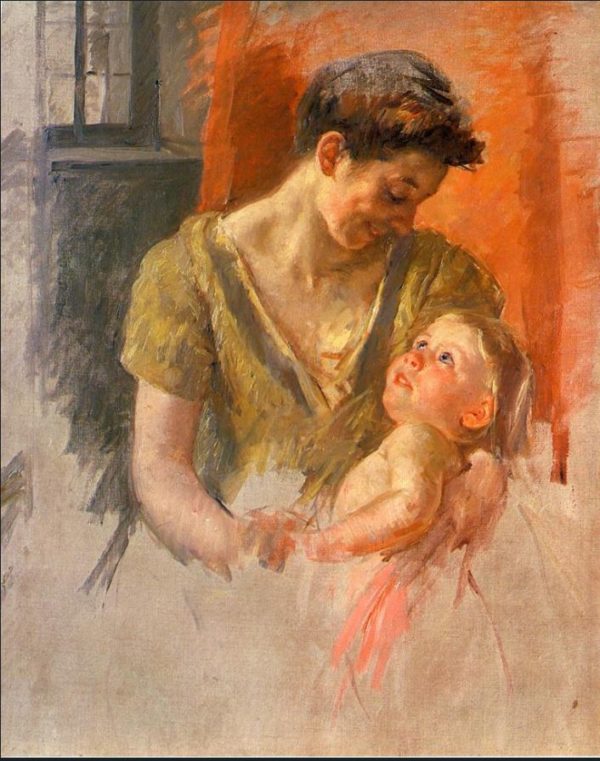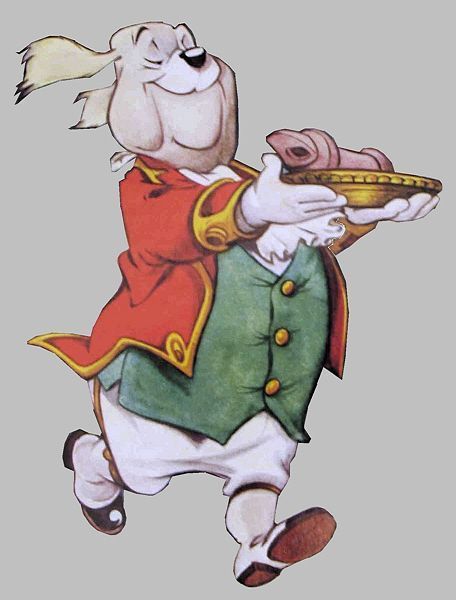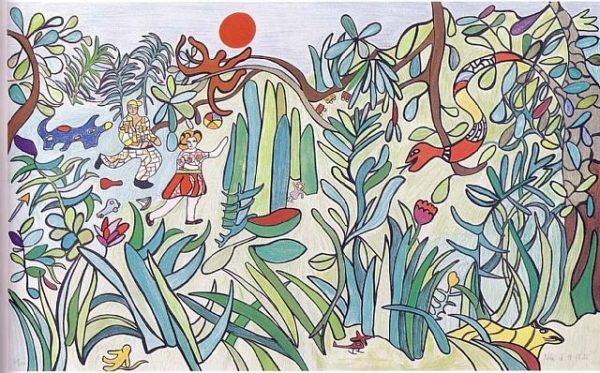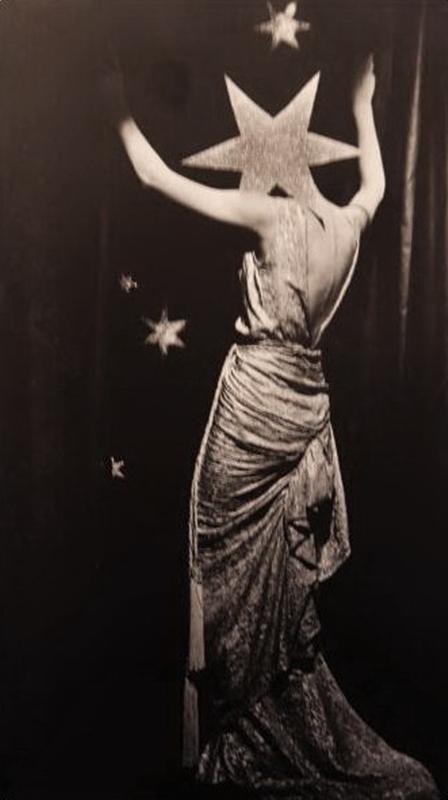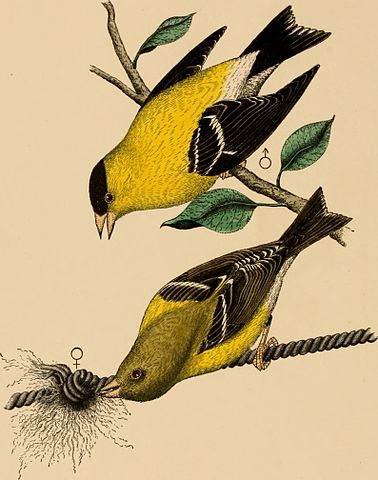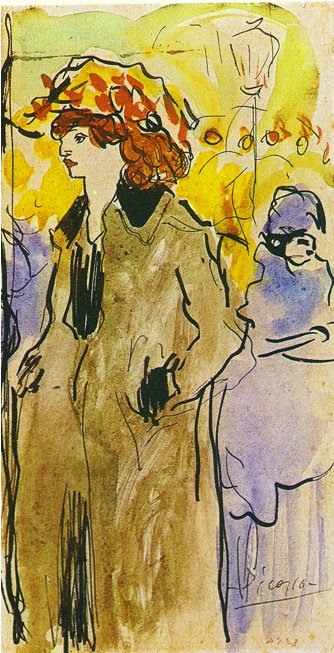We have to know how to hold things lightly, and with joy. This enables us to be open to the flow of life. When we solidify, we lose so much.
Engaged in a relationship with our partner, our children, and with others in this world, we may solidify them by casting them in certain roles. That’s how we see them.
And after a while, we no longer experience the real person in the moment. We just see our projection of that person. Even though they are completely unique, and even though they may actually be transforming and changing within, we don’t see that any more, because all we see is our pattern. …
Then people get bored with each other, or at least they get kind of locked into a relationship which has lost its early vitality. …
That’s because we don’t experience the actual moment; we just experience our version of events.
om u te dienen
I slept and dreamt that life was joy.
I awoke and saw that life was service.
I acted and behold, service was joy.
Rabindranath Tagore
we are what we think
We are what we think, having become what we thought.
Like the wheel that follows the cart-pulling ox,
sorrow follows an evil thought.
We are what we think, having become what we thought.
Like the shadow that never leaves one,
happiness follows a pure thought.
Dhammapada
Klik hier voor de Nederlandse vertaling van deze eerste regels van de Dhammapada – uit het Pali – van De Breet en Janssen.
rode zon
De rode zon gaat op
zonder gedachten,
voor iedereen gelijk.
We verheugen ons als kinderen over de zon.
Er komt een dag dat ons stof uiteen zal vallen,
wanneer heeft geen belang.
Nu schijnt de zon in ‘t diepste van ons hart,
vult alles met gedachteloosheid,
sterk als het bos, de winter, de zee.
klooster
Wie heeft ervaren dat het lichaam zelf het klooster is, is gelukkig.
Deze oorspronkelijke geest is zo zuiver en helder als de ruimte.
Milarepa
de rust van de Boeddha
| Mijn rust is de rust van de Boeddha, mijn ziel is peilloos diep; noch golven van vreugde, noch golven van leed kunnen haar bereiken. |
The bottom of my soul has such depth; Neither joy nor the waves of sorrow can reach it |
| Nishida Kitarō |
glimlach
Laten we de stilte welwillend tegemoet treden.
divertissement: don’t worry be happy
goudsijsjes
Goldfinches
In the fields
we let them have-
in the fields
we don’t want yet-
where thistles rise
out of the marshlands of spring, and spring open-
each bud
a settlement of riches-
a coin of reddish fire-
the finches
wait for midsummer,
for the long days,
for the brass heat,
for the seeds to begin to form in the hardening thistles,
dazzling as the teeth of mice,
but black,
filling the face of every flower.
Then they drop from the sky.
A buttery gold,
they swing on the thistles, they gather
the silvery down, they carry it
in their finchy beaks
to the edges of the fields,
to the trees,
as though their minds were on fire
with the flower of one perfect idea-
and there they build their nests
and lay their pale-blue eggs,
every year,
and every year
the hatchlings wake in the swaying branches,
in the silver baskets,
and love the world.
Is it necessary to say any more?
Have you heard them singing in the wind, above the final fields?
Have you ever been so happy in your life?
Mary Oliver
groeten van onbekenden doet goed
Psychologen Elizabeth Dunn en Michael Norton hebben vastgesteld dat we vrolijker worden van contact met onbekenden dan met onze partner. In contact met iemand die we niet kennen doen we ons vrolijker voor dan we ons voelen, waardoor we automatisch opgewekter worden. We lachen dan namelijk meer en zijn optimistischer. Het begroeten van je buren, onbekende collega’s en de ouders op de school van je kinderen, naar dat café of die winkel gaan waar tijd is voor een praatje en het glimlachen naar een vreemde op straat, is geen inefficiënt handelen maar doet juist wederzijds goed.
Afbeelding: Woman on the street, Pablo Picasso, 1901.
